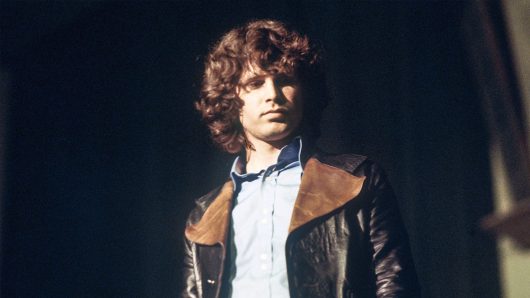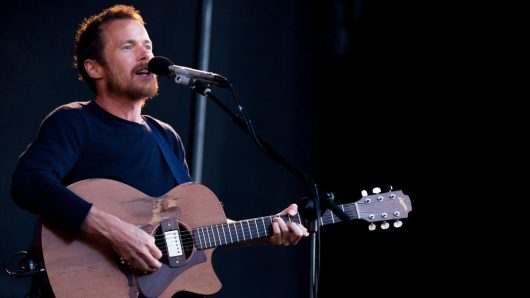Premiering at Sundance Film Festival on 19 January 2013, the three-hour documentary History Of The Eagles was the first major attempt to tell the story of one of the greatest bands in rock history. Originally broadcast in two parts, the first two hours of the documentary focuses on Eagles’ formation, rise to fame and their dramatic break-up, while the second episode traces the two-decade stretch from their 1994 reunion up to the time of the film’s release. It’s a thoroughly entertaining and enlightening watch, full of great performances and jaw-dropping rock’n’roll stories. Here are ten things we learned from History Of The Eagles.
Listen to the best of Eagles here, and check out our 10 ‘History Of The Eagles’ documentary takeaways, below.
1: Glenn Frey’s life was changed by a Beatles gig
Speaking in History Of The Eagles, singer, guitarist and Eagles co-founder Glenn Frey reveals that he started taking piano lessons at five years old, while growing up in Detroit, Michigan. He stopped playing piano at 12 (as “the girl thing was starting to happen”), but then a formative gig influenced him to take up guitar. “My aunt took me down to see The Beatles at the Olympia,” Frey remembers. “I remember this girl standing on her seat in front of me fall backwards into my arms, delirious, going, ‘Paul, Paul!’ And I thought, Oh my god.”
2: Don Henley started out in a jazz band
Eagles drummer Don Henley reveals that his first group were a long way musically from the country-rock that would later make his name. Henley says, “The first band I was in was with my high-school buddy Richard Bowden and another high-school friend, Jerry Surratt, and we played Dixieland jazz music. Nobody sang, we just played music.”
3: Jackson Brown taught Glenn Frey how to write songs
Having grown close to Eagles as the band were starting out and the two acts shared bills, singer-songwriter Jackson Browne suggested Frey move to his neighbourhood. “Jackson said, ‘You know, you should come down to Echo Park, rent’s real cheap,’” Frey told the History Of The Eagles documentary team. The pair ended up living in the same building, as Browne reveals: “Glenn got the apartment next to mine. And this apartment cost $125 a month, or something a month. I needed to economise, so I moved into the basement underneath Glenn’s place, which I could get for $35 a month. It only had one door, it was really just an illegal place, a cubby hole. There was a stereo, a piano a bed, a guitar, a teapot…”
The arrangement would have a formative effect on Frey’s songwriting, as the fledgling Eagle confirmed: “I learned through Jackson’s ceiling exactly how to write songs… Jackson would get up and play the first verse and first chorus 20 times until he had it just the way he wanted it. Then there’d be silence, then I’d hear the teapot go off again, then it’d be quiet for 20 minutes and he’d play the second verse… I’m up there going, So that’s how you do it – elbow grease, time, thought, persistence.” The pair would share a writing credit on Eagles’ debut single, Take It Easy.




